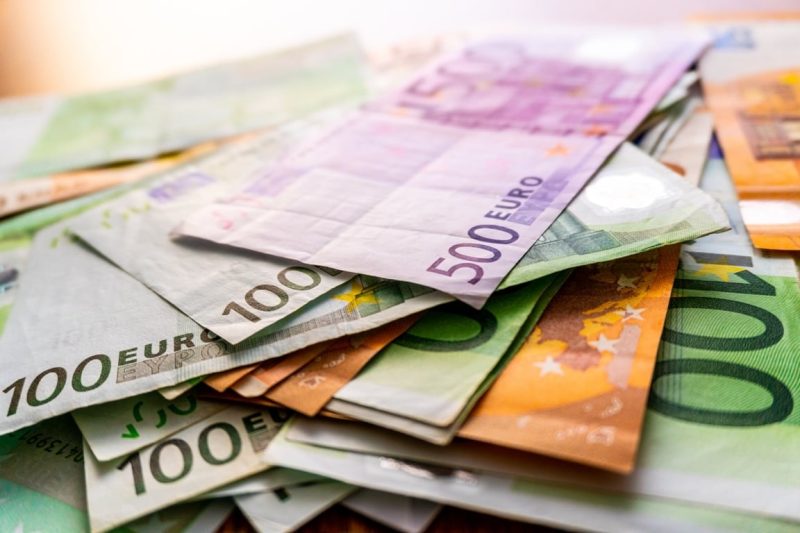
Currency Update: Euro Index Falters Against Yen as Bullish Sentiment Dwindles
The Euro has been a topic of interest and discussion among investors and economists, especially in relation to its performance against the Japanese Yen. The recent trend indicates that the Euro is losing its bullish momentum in comparison to the Yen. This shift in dynamics between the two currencies has significant implications for the global financial markets and trading activities.
The Euro has historically been considered a stable and strong currency, representing the economic powerhouse of the Eurozone. However, in recent times, various factors have contributed to the weakening of the Euro’s bullish momentum. One key factor is the economic performance and outlook of the Eurozone countries. With challenges such as sluggish growth, political uncertainties, and concerns about inflation, investors are becoming more cautious about the Euro’s prospects.
In contrast, the Japanese Yen has been gaining strength against the Euro and other major currencies. The Yen is often seen as a safe-haven currency, especially in times of uncertainty and market volatility. The recent appeal of the Yen can be attributed to Japan’s stable economic conditions, low inflation, and the country’s status as a net creditor nation. These factors have bolstered investor confidence in the Yen, leading to a stronger performance vis-à-vis the Euro.
The shift in the dynamics between the Euro and Yen has implications for traders and investors. Those who had previously bet on a bullish Euro are now reevaluating their positions and adjusting their strategies to account for the changing trend. As the Euro loses its bullish momentum, traders may need to consider alternative currency pairs for profitable trading opportunities.
Moreover, the weakening Euro could impact the broader financial markets, including equities, commodities, and bonds. A depreciating Euro may affect the competitiveness of Eurozone exports, leading to concerns about economic growth and corporate earnings. In addition, investors holding Euro-denominated assets may experience losses or reduced returns as the Euro’s value declines against other currencies like the Yen.
In conclusion, the recent shift in the Euro’s performance against the Yen highlights the dynamic nature of the global currency markets. Economic factors, geopolitical events, and investor sentiment all play a role in shaping the exchange rates between currencies. Traders and investors need to stay informed about these developments and adapt their strategies to navigate the changing landscape of the foreign exchange market.
